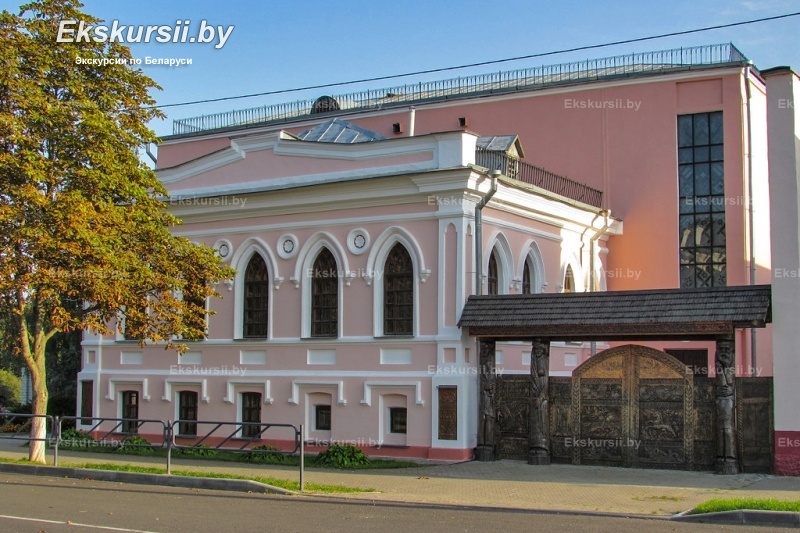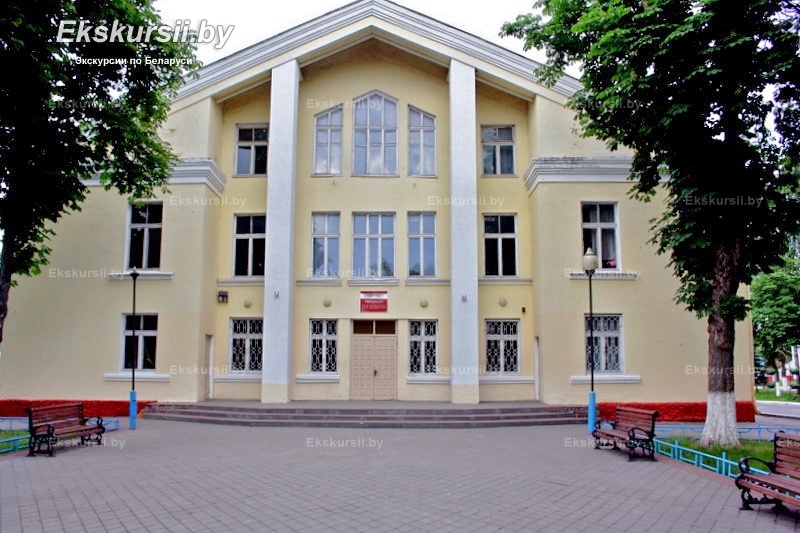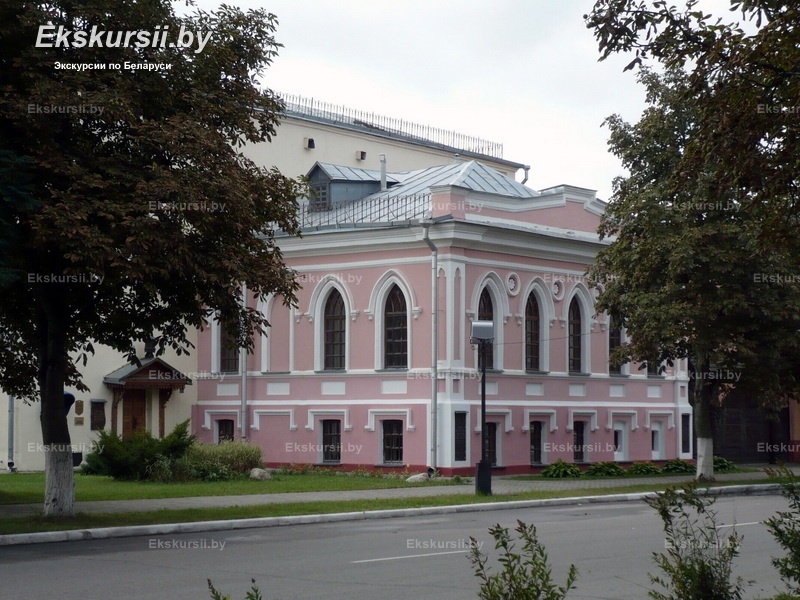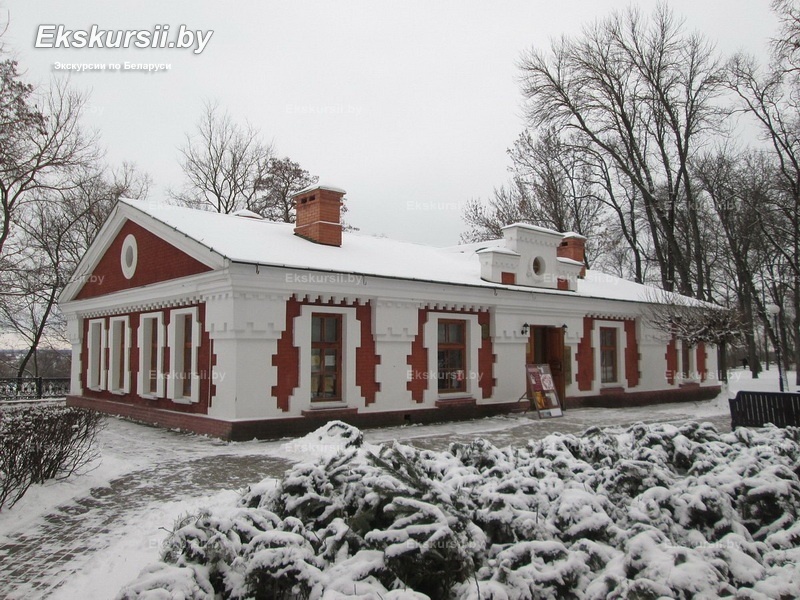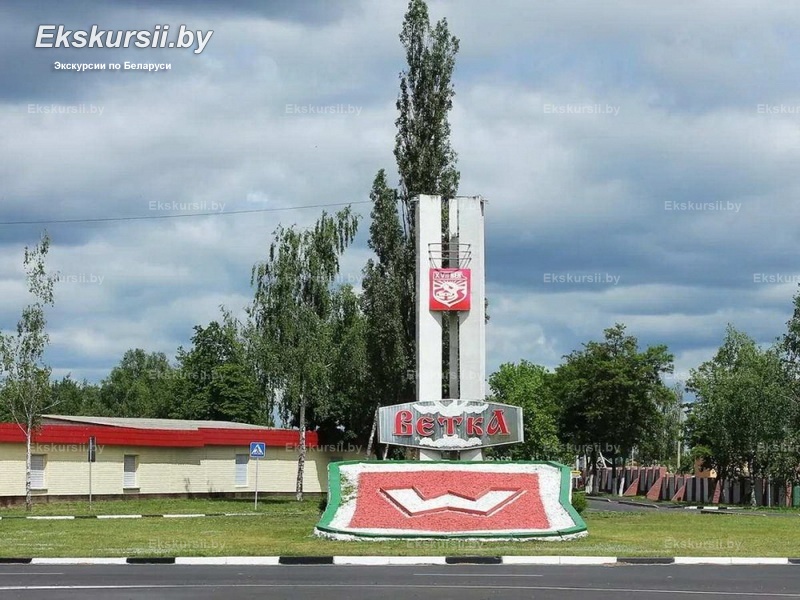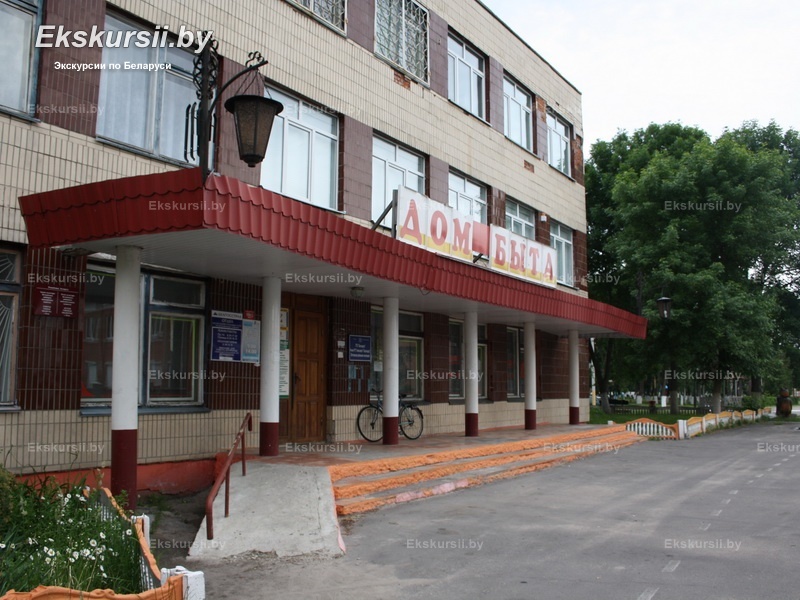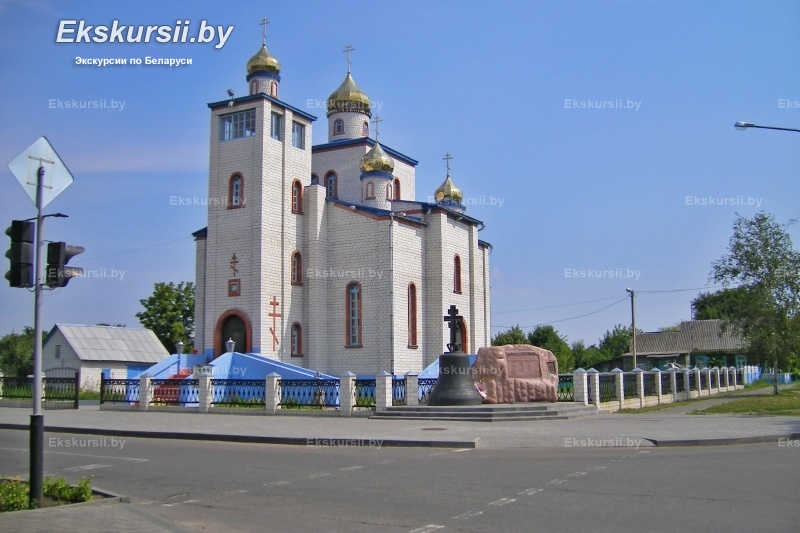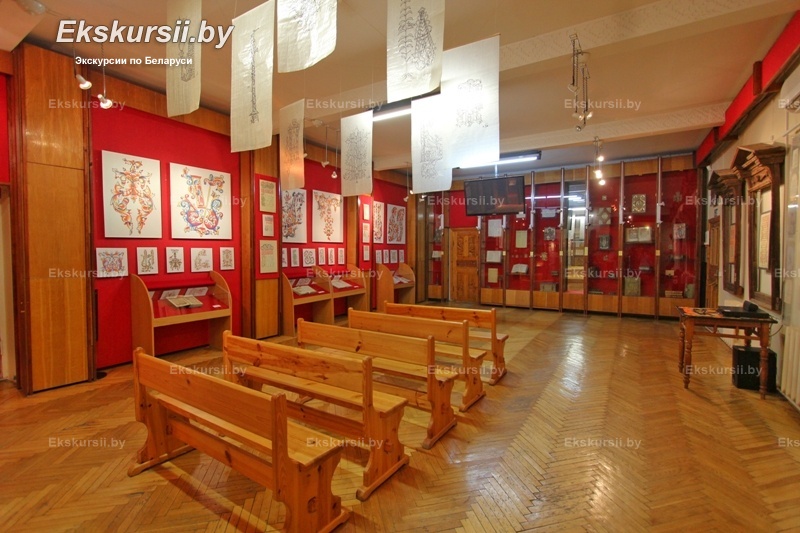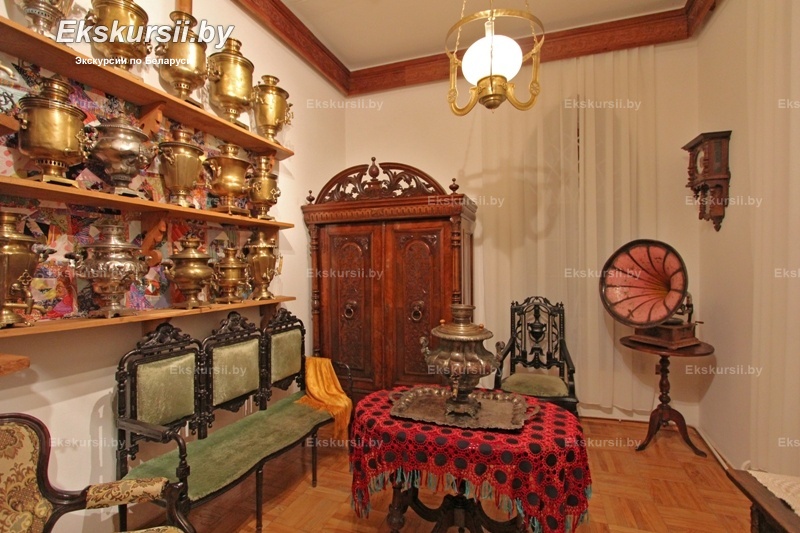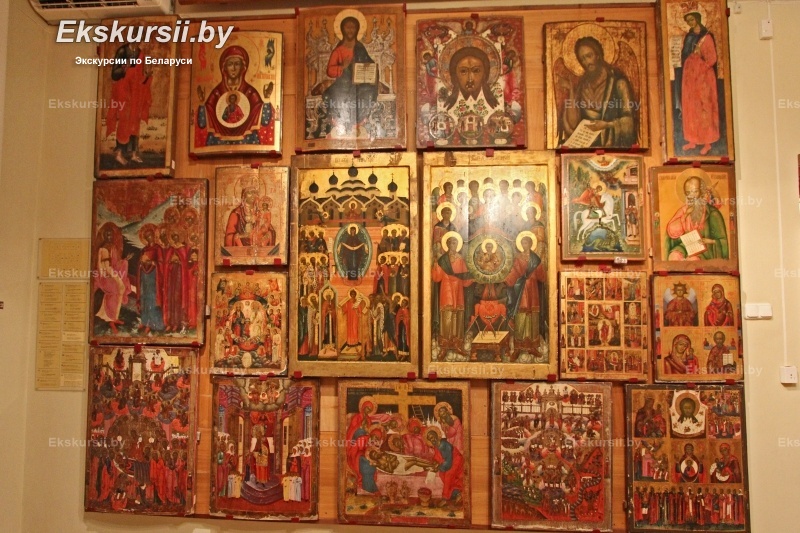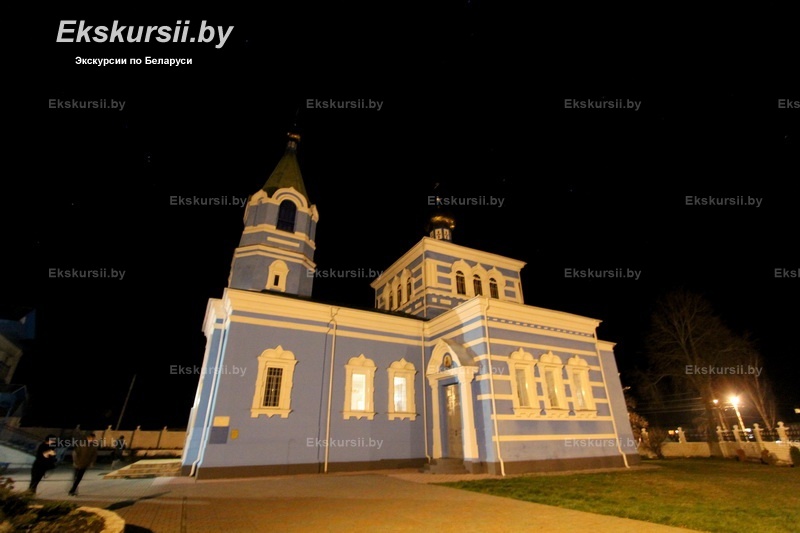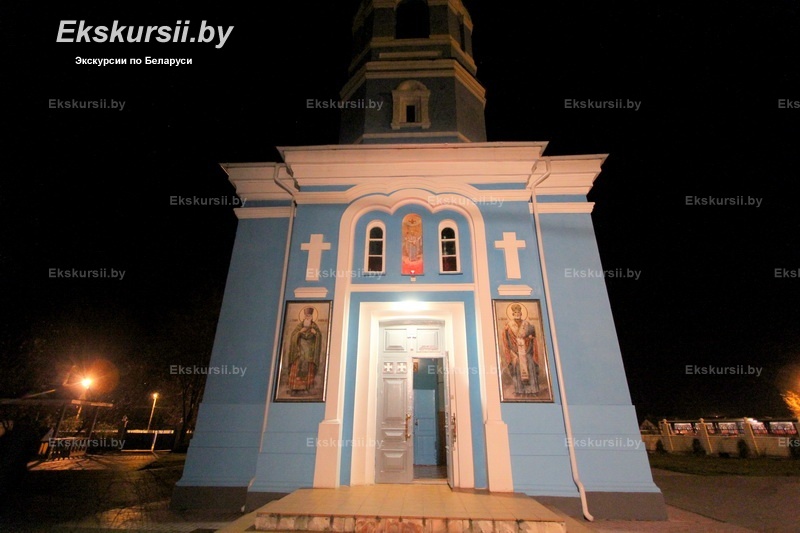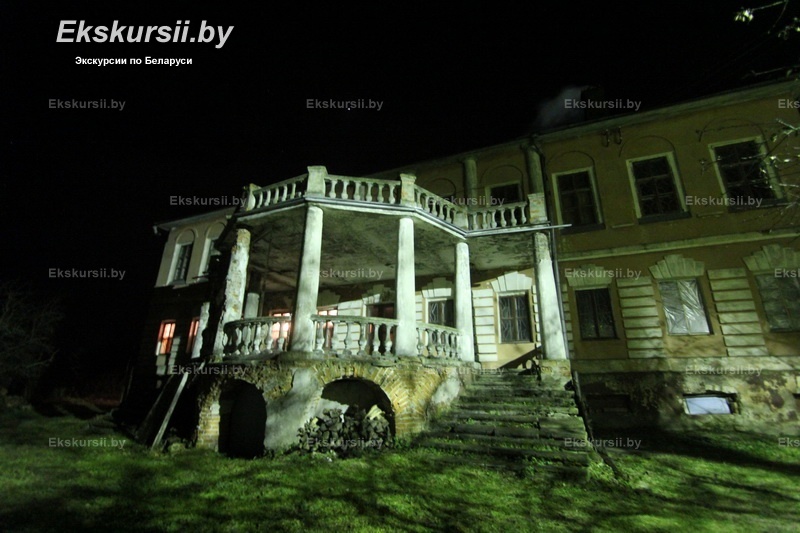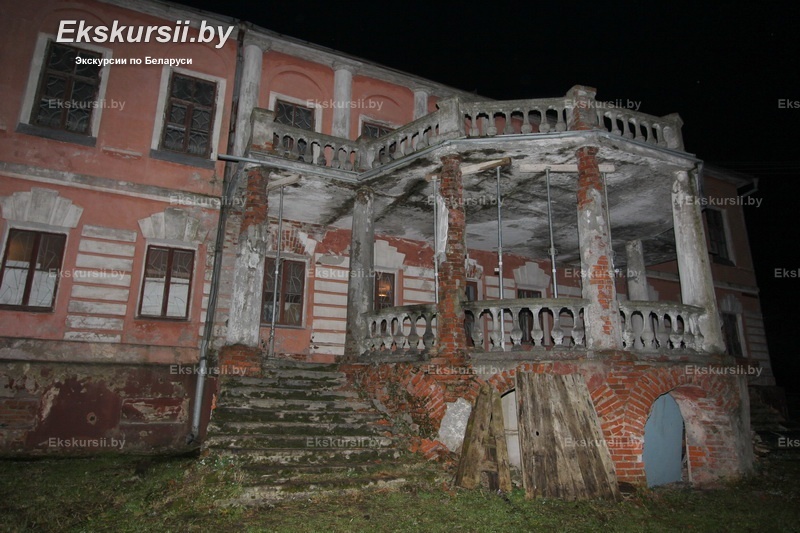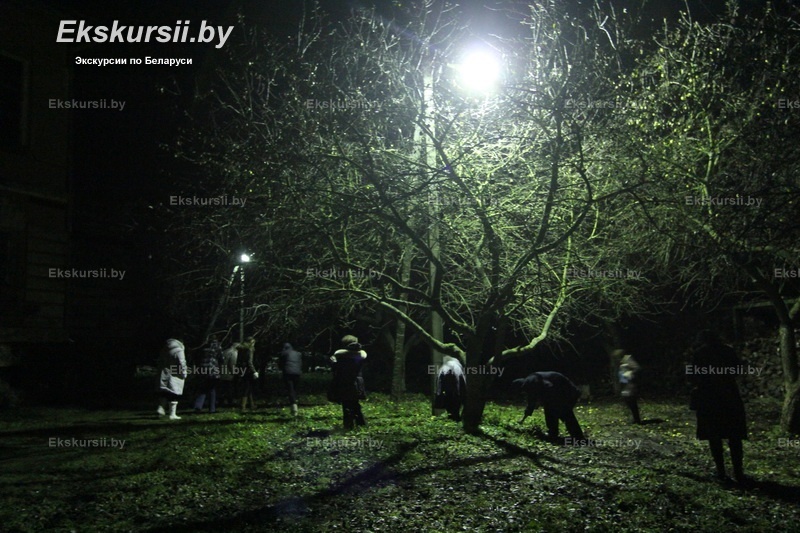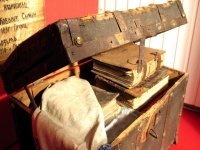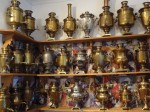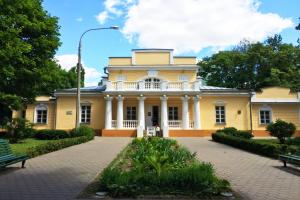History of the development
Vietka was founded in 1685 (according to other sources in 1667) by Old Believers, who fled from central Russia due to religious persecution in the Moscow principality. The immigrants received a certificate of the king and grand duke, which guaranteed them religious independence and tax benefits. In 1695 in Vetka they consecrated the first Old Believers Church on the territory of the Grand Duchy of Lithuania - Church of the Intercession of the Virgin,other Old Believers' churches began to be built here. In the end of the XVII-XVIII centuries Vietka became a major trade and craft center. From Vetka Old Believers spread throughout Russia and Eastern Poland. During XVII-XVIII centuries Vietka was burned twice by the tsarist punitive troops, who fought with the divisive church, and most of the citizens were forcibly exiled to Siberia.
After the first partition of the Polish-Lithuanian Commonwealth in 1772, Vietka became part of the Russian Empire. By 1840, a cloth factory operated in Vetka, and in 1860 36 ships with various goods and 69 forest rafts departed from the pier and 47 ships were unloaded. In 1868 in Vetka a female public school was opened, and in 1874 male public school. In 1874 the population of the city was 7.2 thousand inhabitants, and by the beginning of the XXth century there was a large Jewish community .
On January 1, 1919 Vietka became part of the BSSR , but already on January 16, the settlement became part of the RSFSR. In 1926, Vetka was returned to the BSSR in the status of a city. In 1939 there were 6 thousand inhabitants in Vetka. On August 18, 1941 the city was occupied by Wehrmacht troops, and 656 residents of Vetka and Vetka district, among whom were 360 Jews became it's victims. The city was liberated from the invaders on September 28, 1943 . As a result of the Chernobyl NPP accident on April 26, 1986 , the city was partially polluted. The emblem of the city was approved on April 17, 2004.
Tourism potential
Despite its relatively small size, Vietka is widely known throughout Belarus and neighboring countries as one of the major centers of the Old Believers. Due to its unique culture and history, local unique styles of icon painting, design of a manuscript book and a distinctive school of Vetka carving were formed. You can get acquainted with unusual exhibits that tell about the history and culture of the Old Believer and Orthodox Belarusian village in Museum of Folk Art. The museum has over 10 thousand exhibits, including a collection of old printed and handwritten books, the famous Neglyubsky rushnyk. The museum has an «Anfologion» – the first Kiev book, published in 1619. The museum itself is located in the house of the merchant Groshikov, which is included in the list of architectural monuments.
The largest temple in the city is the Savior Transfiguration Cathedral. The first Orthodox church was built in Vetka in 1839, but after the arrival of bolsheviks came to power it was soon destroyed. In 1998,the construction of the Savior Transfiguration Cathedral began with donations from parishioners, which was consecrated on September 30, 2003.
Near the city staroselsky settlement was preserved, with which many legends are associated. Locals say that there are two bulls of silver and a barrel of gold buried in these places. But who owned such wealth - history is silent.
